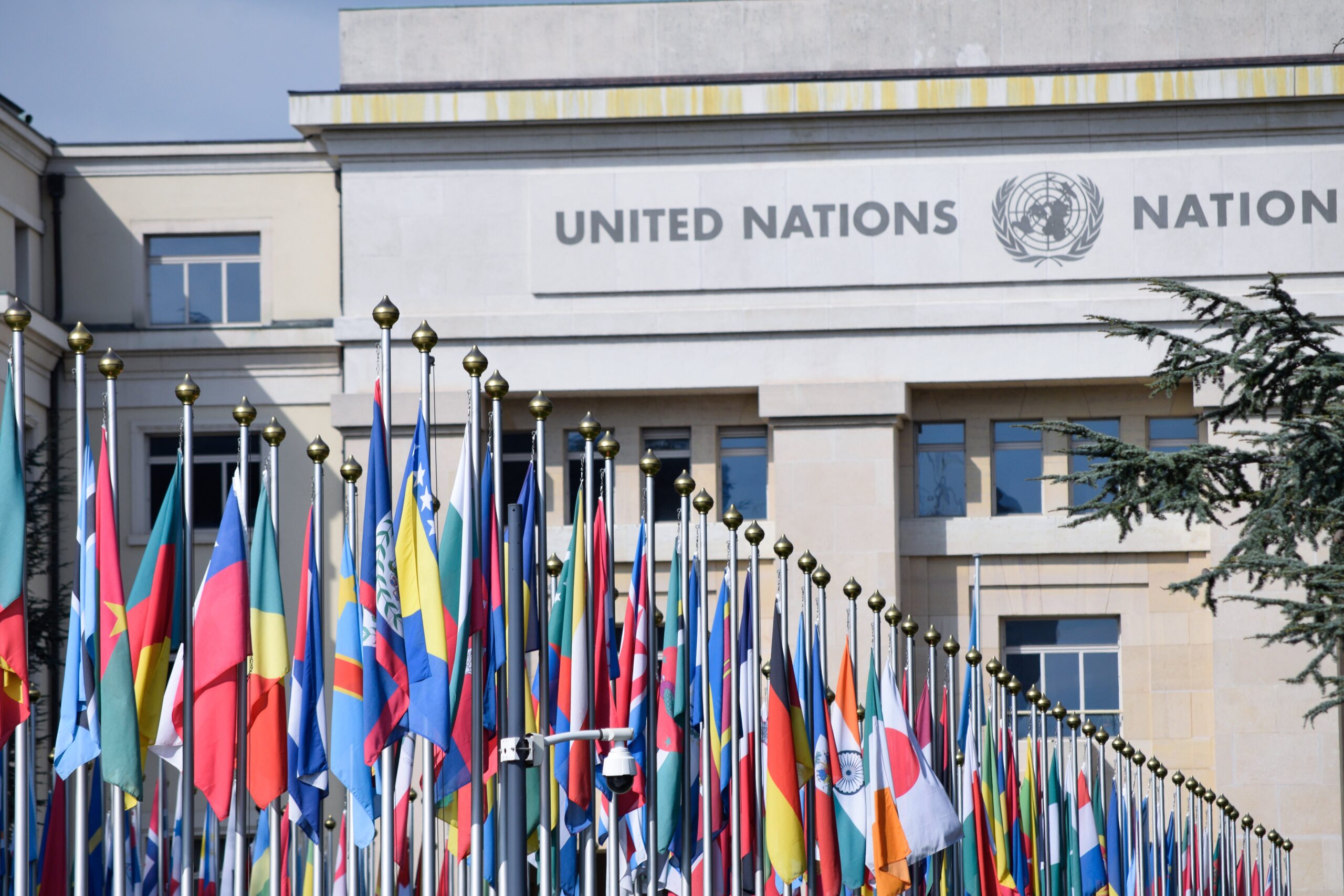International organizations play a critical role in the resolution of conflicts by providing platforms for dialogue, mediation, and cooperation among nations. These organizations work to prevent, manage, and resolve conflicts through various mechanisms, including diplomatic efforts, peacekeeping missions, and humanitarian assistance. This article explores the key roles and contributions of international organizations in conflict resolution, highlighting their successes and challenges.
Key International Organizations Involved in Conflict Resolution
1. United Nations (UN)
Peacekeeping Missions:
The United Nations is perhaps the most well-known international organization involved in conflict resolution. Through its peacekeeping missions, the UN deploys personnel to conflict zones to maintain peace and security. These missions are designed to monitor ceasefires, protect civilians, and support the implementation of peace agreements.
Diplomatic Efforts:
The UN facilitates diplomatic negotiations and mediates conflicts through its various bodies, such as the Security Council and the General Assembly. The UN Secretary-General often plays a key role in initiating and supporting peace processes.
Humanitarian Assistance:
In addition to its peacekeeping and diplomatic efforts, the UN provides humanitarian aid to conflict-affected regions, addressing issues such as food security, health care, and shelter.

Challenges:
The effectiveness of UN peacekeeping missions can be limited by issues such as inadequate resources, political constraints, and challenges in obtaining consent from conflicting parties. Additionally, the UN’s ability to intervene effectively may be hampered by the political interests of its member states.
2. European Union (EU)
Diplomatic and Political Engagement:
The European Union engages in conflict resolution through diplomatic channels and political dialogue. The EU’s foreign policy, including its Common Foreign and Security Policy (CFSP), focuses on promoting peace and stability in Europe and beyond.
Peacebuilding and Reconstruction:
The EU is involved in peacebuilding and post-conflict reconstruction efforts. It provides financial and technical support to help countries rebuild their institutions, promote economic development, and ensure long-term stability.
Mediation and Facilitation:
The EU plays a role in mediating disputes and facilitating negotiations between conflicting parties. It has been involved in various peace processes, including those in the Western Balkans and the Israeli-Palestinian conflict.
Challenges:
The EU’s effectiveness in conflict resolution can be affected by its complex decision-making processes and the varying interests of its member states. Additionally, the EU’s ability to influence conflicts outside its borders may be limited by geopolitical dynamics.
3. African Union (AU)
Conflict Prevention and Resolution:
The African Union, through its Peace and Security Council, is dedicated to conflict prevention, management, and resolution within Africa. The AU engages in diplomatic efforts, supports peacekeeping missions, and facilitates dialogue between conflicting parties.
Peacekeeping Operations:
The AU deploys peacekeeping forces to conflict zones within Africa. These missions aim to stabilize regions affected by conflict, protect civilians, and support peace processes.
Regional Initiatives:
The AU collaborates with regional organizations, such as the Economic Community of West African States (ECOWAS), to address conflicts and promote regional stability.
Challenges:
The AU faces challenges related to limited resources, political instability in member states, and the need for greater coordination with other international organizations. Additionally, the AU’s peacekeeping efforts can be constrained by the availability of funding and logistical support.
4. Organization for Security and Co-operation in Europe (OSCE)
Conflict Prevention and Resolution:
The OSCE works to prevent and resolve conflicts through diplomacy, dialogue, and monitoring. It engages in conflict prevention activities, such as early warning and mediation, and supports peace processes in conflict-affected areas.
Monitoring and Verification:
The OSCE conducts monitoring and verification missions to assess compliance with peace agreements and ceasefires. It provides impartial reports on the situation on the ground, which can help build trust among conflicting parties.
Capacity Building:
The OSCE supports capacity-building initiatives to strengthen democratic institutions, promote human rights, and enhance the rule of law in conflict-affected regions.
Challenges:
The OSCE’s effectiveness can be limited by political disagreements among its member states and challenges in accessing conflict zones. Additionally, the organization may face constraints related to resources and the need for consensus-based decision-making.
5. International Committee of the Red Cross (ICRC)
Humanitarian Assistance:
The International Committee of the Red Cross provides humanitarian assistance to individuals affected by armed conflicts and violence. Its work includes delivering food, medical care, and protection to civilians in conflict zones.
Neutral Mediation:
The ICRC acts as a neutral intermediary in conflicts, facilitating dialogue between parties and advocating for the protection of humanitarian law. It works to ensure that humanitarian principles are upheld during conflicts.
Advocacy and Awareness:
The ICRC raises awareness about the impact of conflicts on civilians and advocates for compliance with international humanitarian law.
Challenges:
The ICRC’s operations can be affected by access restrictions, security concerns, and the need to navigate complex political dynamics in conflict zones.
Conclusion
International organizations play a vital role in conflict resolution by providing diplomatic, peacekeeping, and humanitarian support. The United Nations, European Union, African Union, Organization for Security and Co-operation in Europe, and International Committee of the Red Cross each contribute uniquely to addressing and resolving conflicts. Despite facing various challenges, these organizations work to promote peace, stability, and human security in conflict-affected regions. Their efforts are crucial for building a more peaceful and just world.

